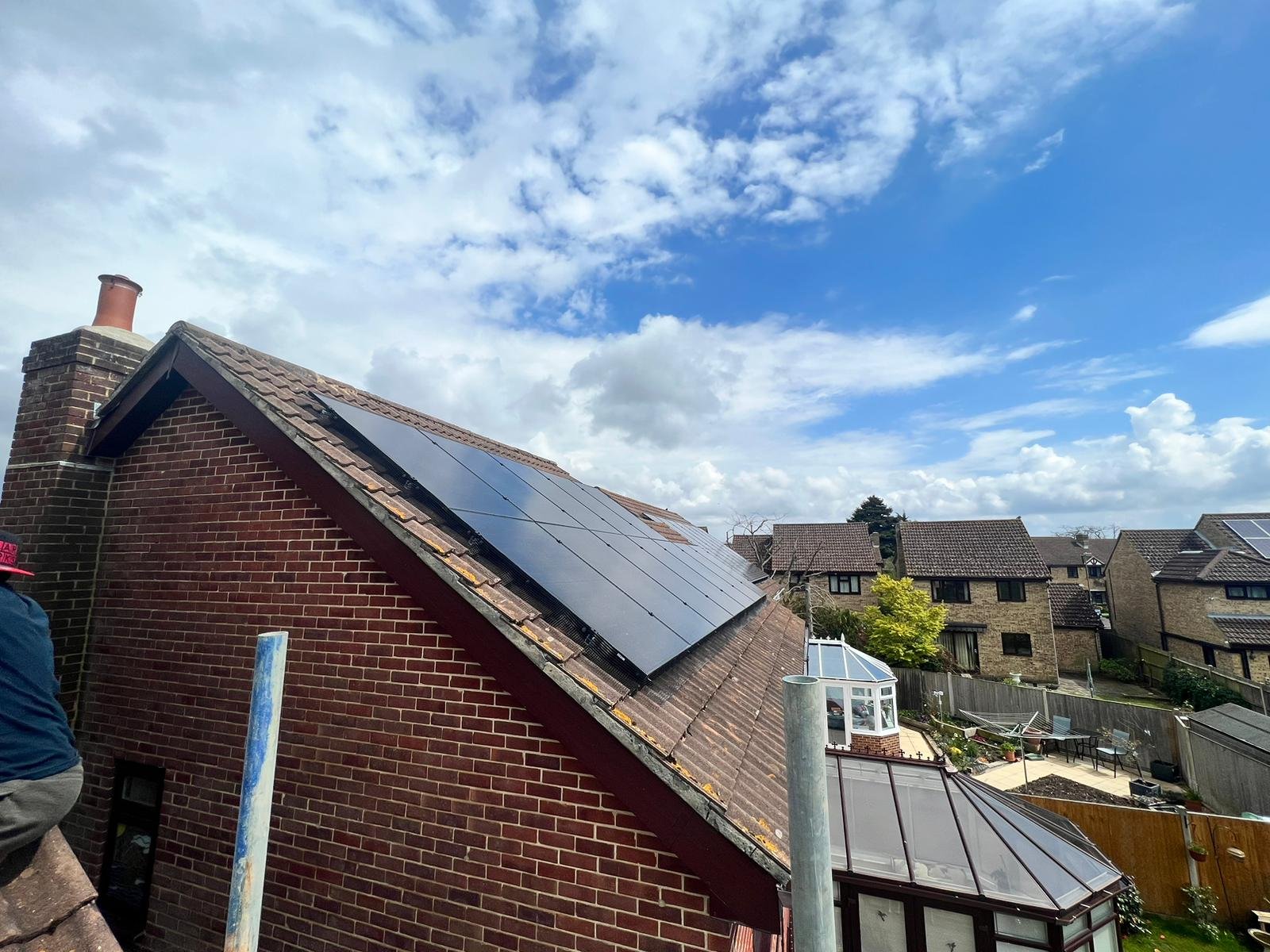Local Solar Panel Installers Hampshire
Are you considering harnessing solar energy to power your home and cut your energy bills? Choosing the right solar panel installer is a crucial step in your journey toward renewable energy.
Installing solar panels is a good way to reduce your carbon footprint. It doesn't matter if you live in a conservative area, near world heritage sites, or own a listed building. It also helps you save on energy costs. This guide explains what you can expect from trusted solar panel companies, the solar installation process, and key considerations for homeowners.
CRG Direct are a local solar installer, having completed over 2,000 successful solar installations. We're also a trusted partner for the ECO4 scheme.
Understanding Solar Panel Installation
Solar panels, or PV systems, capture sunlight and convert it into electricity for your home. The process to install solar panels is straightforward but involves several steps to ensure safety, efficiency, and compliance with high standards of quality and performance.
What to Expect from a Solar Panel Installation
1. Initial Survey and Site Assessment
When you contact a solar panel installer, the first step is usually an initial survey of your property. The installer will visit your home to assess your roof’s suitability for a solar PV system. They will evaluate factors such as:
Roof orientation and tilt: To maximize sun exposure
Shade levels: From trees or nearby buildings
Structural integrity: Ensuring your roof can support the size of the system
Electrical connections: Compatibility with your home’s wiring
If you live in a conservative area or near world heritage sites, the installer will also consider local regulations and visual impact. For listed buildings, additional planning considerations apply.
2. Design and Proposal
After the site visit, the solar panel installer will design a PV system tailored to your energy needs and property characteristics. They’ll provide a detailed proposal, including:
Number of panels and system size
Estimated energy production
Projected energy savings
Cost breakdown and financing options
This step ensures you receive a system that matches your household’s electricity consumption and fits your budget.
3. Permits and Planning Permission
Before any work begins, your solar panel installer will handle all necessary planning permission and permits. This is especially important if you live in a conservative area, near world heritage sites, or own a listed building. The installer will:
Submit applications to local planning authorities
Obtain building regulations approval
Apply for any available incentives or rebates
Having an experienced installer ensures that all paperwork is completed accurately and efficiently.
4. Pre-Installation Preparation
Once permits are secured, the installer may need to prepare your property for installation. This could involve:
Reinforcing the roof
Trimming trees or removing obstacles
Arranging for scaffolding if required
These steps help ensure a smooth and safe installation process.
5. Mounting the Solar Panels
On the scheduled installation day, the installer’s team will arrive to mount the solar panels securely on your roof. They will use high-quality mounting systems to ensure the panels are:
Properly aligned for maximum sunlight
Securely fastened to withstand weather conditions
Positioned to minimize visual impact, especially in sensitive areas
6. Electrical Wiring and System Connection
Next, the installer will connect the solar PV system to your home’s electrical system. This involves:
Installing an inverter to convert solar energy into usable electricity
Connecting the system to your electrical panel
Installing a net meter to measure the energy produced and exported to the grid
All electrical work is performed to high standards and in compliance with safety regulations.
7. Inspection and Certification
After installation, a local inspector may visit to ensure the system meets all safety and code requirements. Once approved, your solar panel installer will provide you with a handover pack, including:
All necessary documentation
Certification from the Microgeneration Certification Scheme (MCS)
Details on maintenance and after-sales service
The Microgeneration Certification Scheme (MCS) is a mark of quality and compliance for solar PV systems in the UK. It ensures that your system is installed to the highest standards and qualifies you for government incentives.
What to Expect When Getting a Solar Quote
When you request a quote from solar panel companies, you’ll typically receive a detailed breakdown of:
System size and estimated energy production
Installation costs (which can range from £8,000 to £20,000 or more)
Financing options and available incentives
Warranty and maintenance information
It’s important to get multiple quotes and compare the services, equipment, and warranties offered by different solar panel installers.
How to Find Solar PV Installation Near Me
Finding the right solar panel installer in your area involves a few simple steps:
Research Local Installers: Look for companies with positive reviews and a strong reputation.
Check Certifications: Ensure the installer is certified by the Microgeneration Certification Scheme (MCS) and holds relevant accreditations.
Compare Quotes: Request quotes from several solar panel companies to compare prices and services.
Review Contracts and Warranties: Carefully read the terms and conditions, including warranty coverage and maintenance services.
Consider Financing Options: Ask about financing plans to make your solar installation more affordable.
Choosing the Right Solar Panel Installer
Selecting the right solar panel installer is essential for a successful solar installation. Here are some key factors to consider:
Experience and Reputation: Choose an installer with a proven track record and positive customer feedback.
Certification and Accreditation: Look for MCS certification and other relevant accreditations.
Quality of Equipment: Opt for reputable brands known for efficiency and durability.
Financing Options: Check if the installer offers flexible payment plans or assistance with incentives.
Warranty and Maintenance: Inquire about the warranty on panels and equipment, as well as after-sales service.
Benefits of Solar Panel Installation
Installing solar panels offers numerous benefits:
Reduced Energy Bills: Generate your own electricity and lower your monthly costs.
Lower Carbon Footprint: Use clean, renewable energy to reduce your environmental impact.
Energy Independence: Become less reliant on the grid and more self-sufficient.
Increased Property Value: Homes with solar PV systems are often more attractive to buyers.
Government Incentives: Qualify for rebates and incentives through the Microgeneration Certification Scheme (MCS).
Special Considerations for Listed Buildings and Sensitive Areas
If you own a listed building or live in a conservative area or near world heritage sites, additional planning and design considerations apply. Your solar panel installer will work with local planning authorities. They will make sure your solar installation follows all rules and keeps the character of your property.
Conclusion
Choosing a good solar panel installer is important. It helps to know the solar installation process. These steps are key to using renewable energy.
By following this guide, you can confidently navigate the process, from the initial survey to the final connection of your PV system. With the right installer and a well-designed system, you’ll enjoy energy savings, a reduced carbon footprint, and the satisfaction of contributing to a cleaner, greener future.
Contact us to arrange a free, no obligation quotation
from our friendly team. We'll get back to you within one working day.
See Our Solar and Battery Installation Services in Action
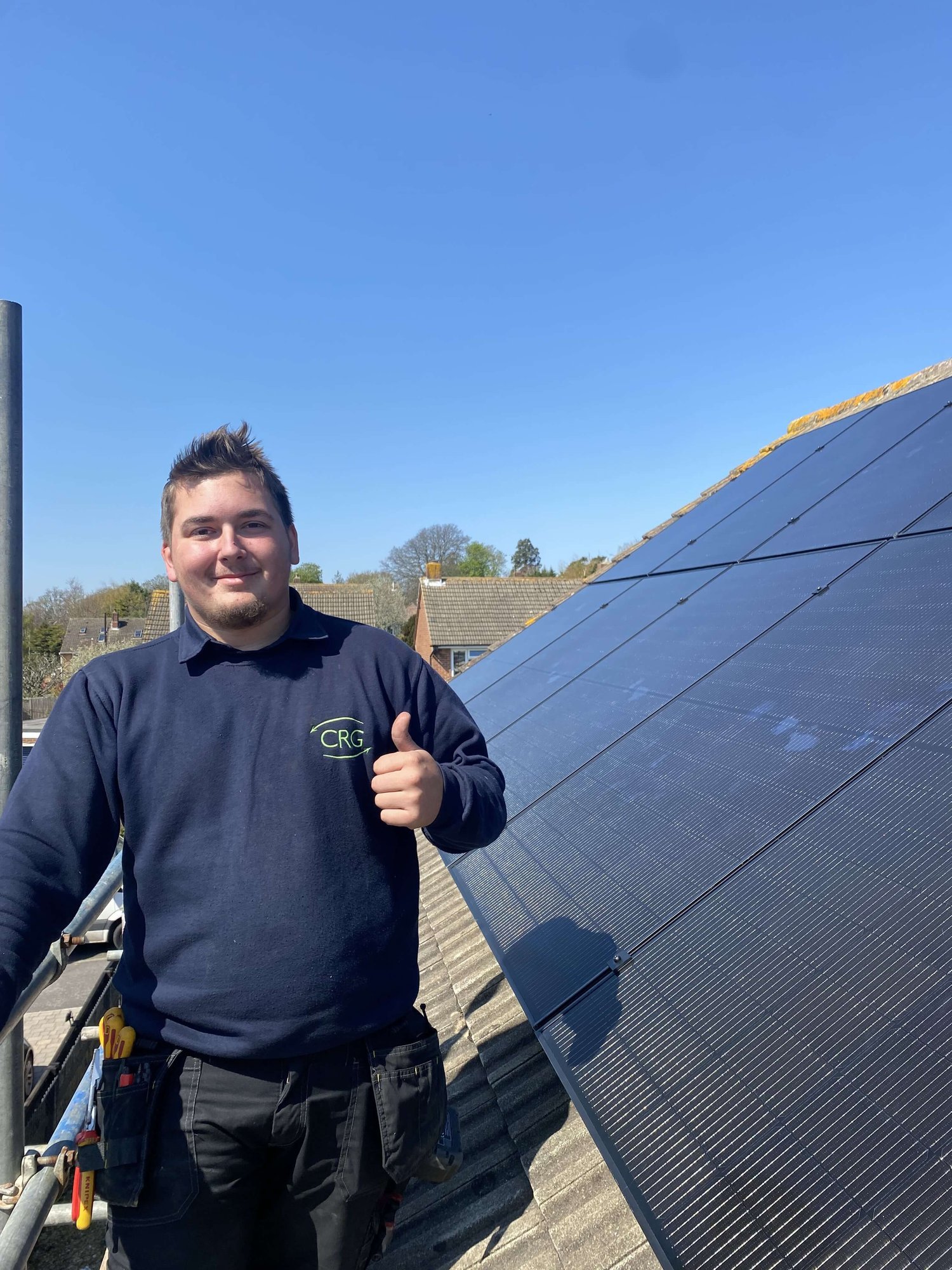

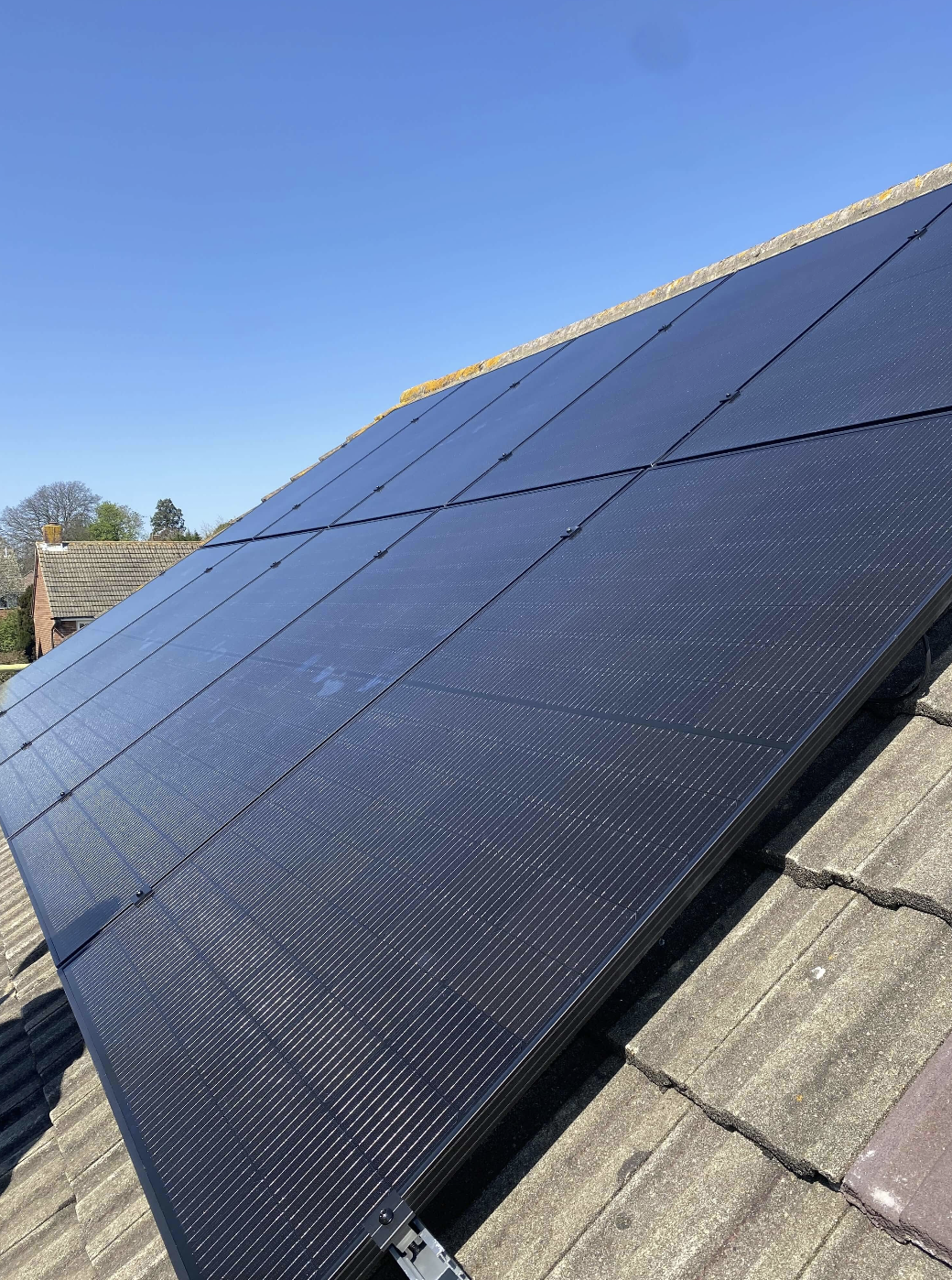
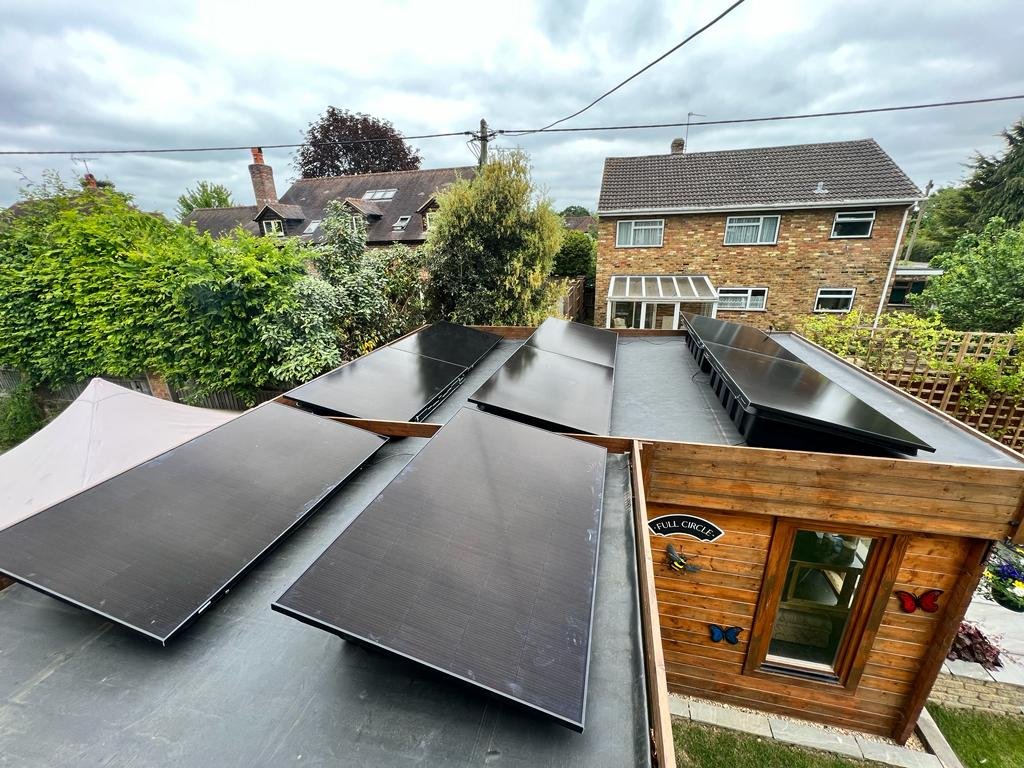
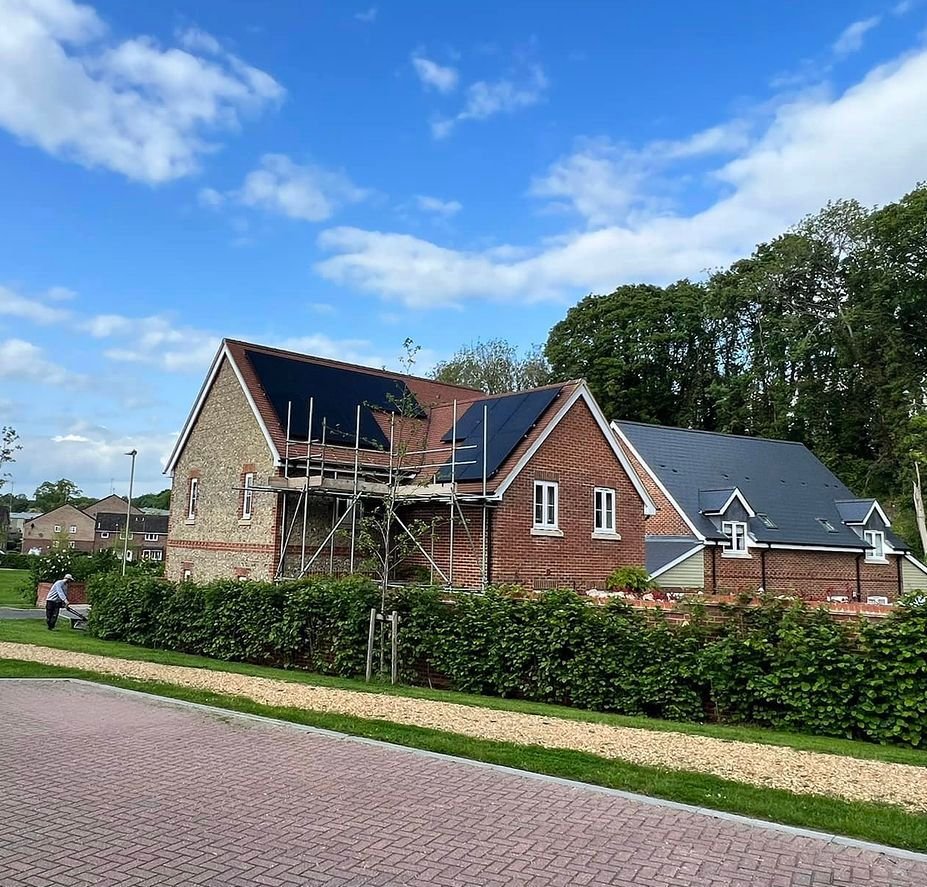
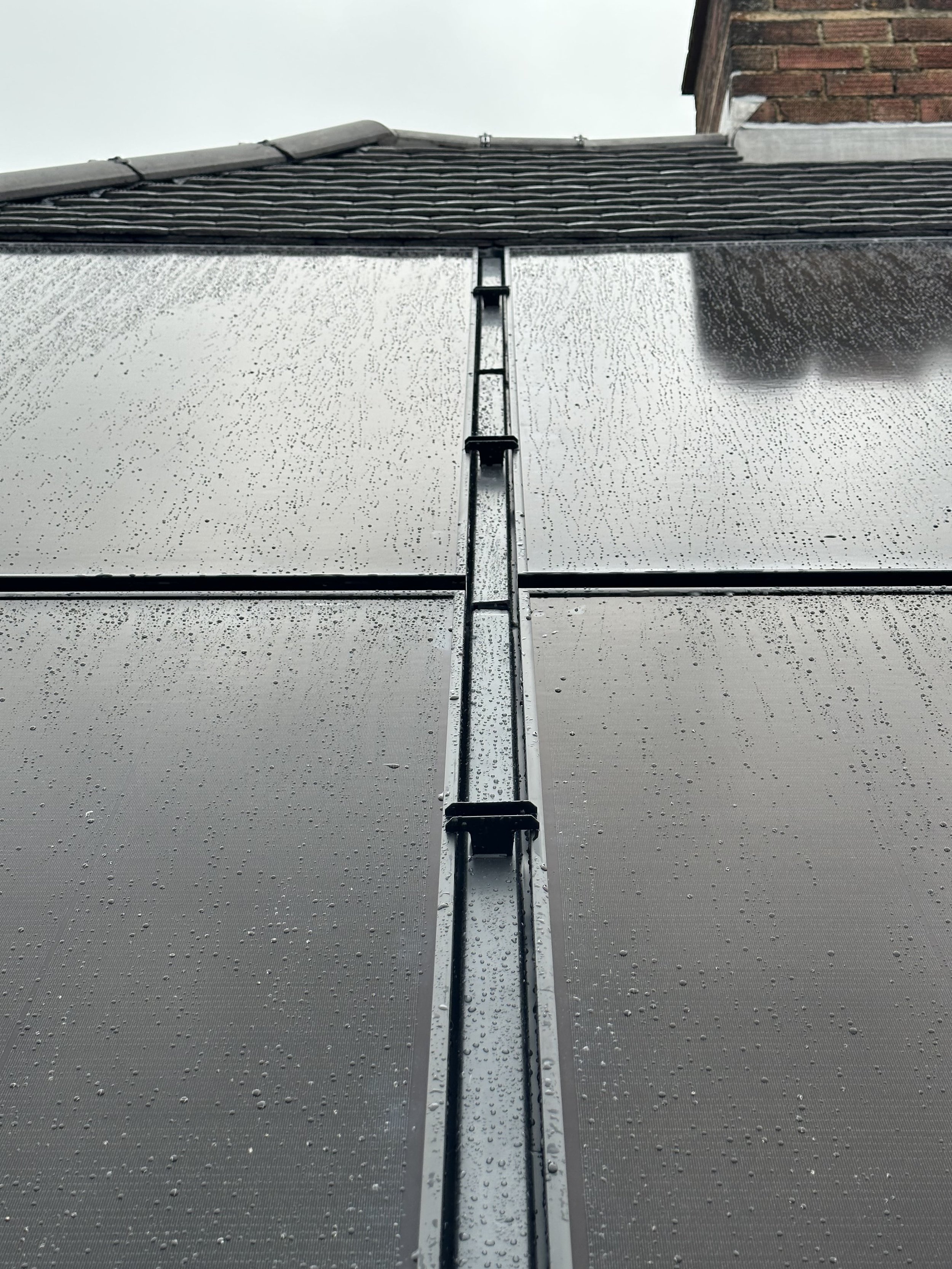
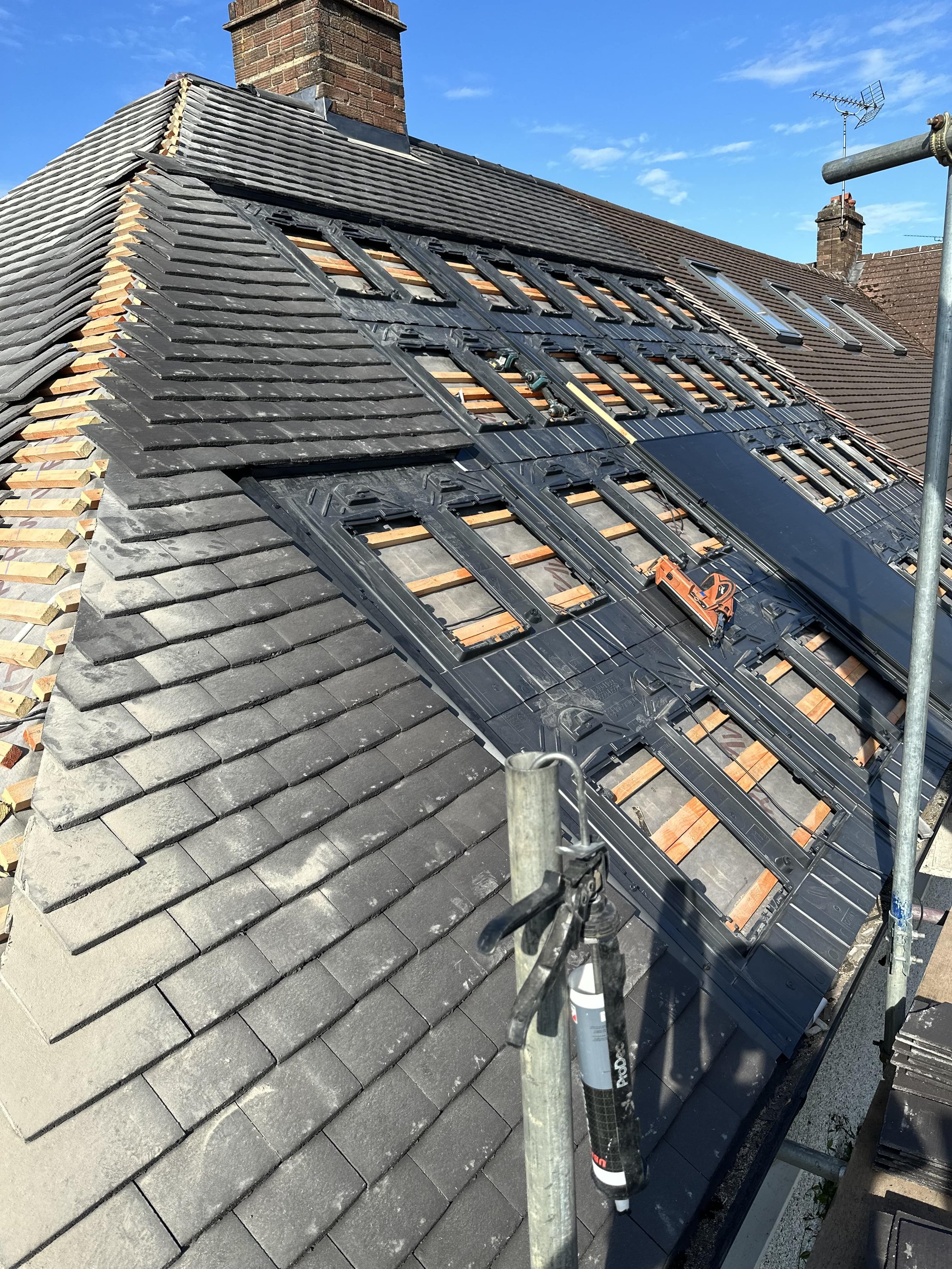
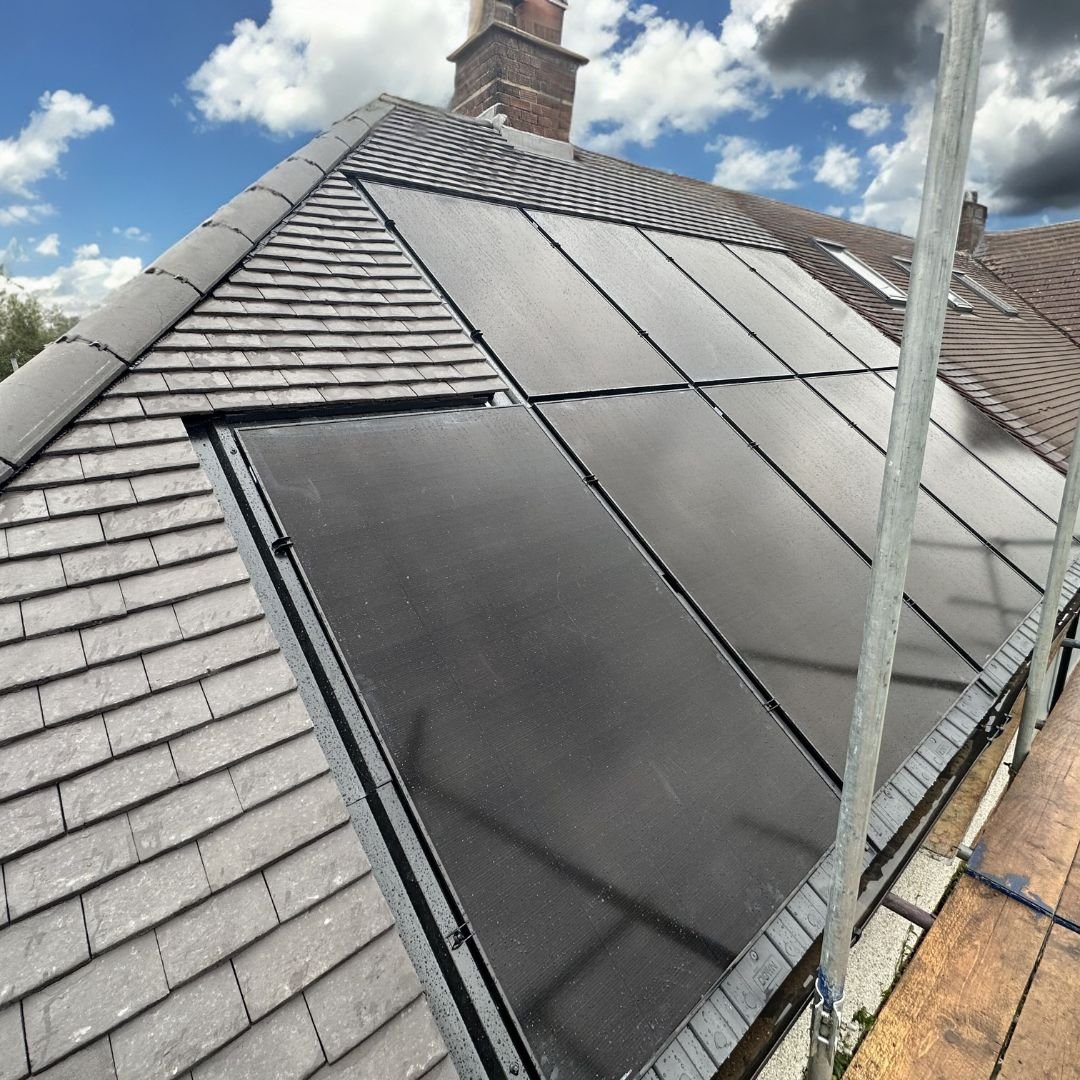
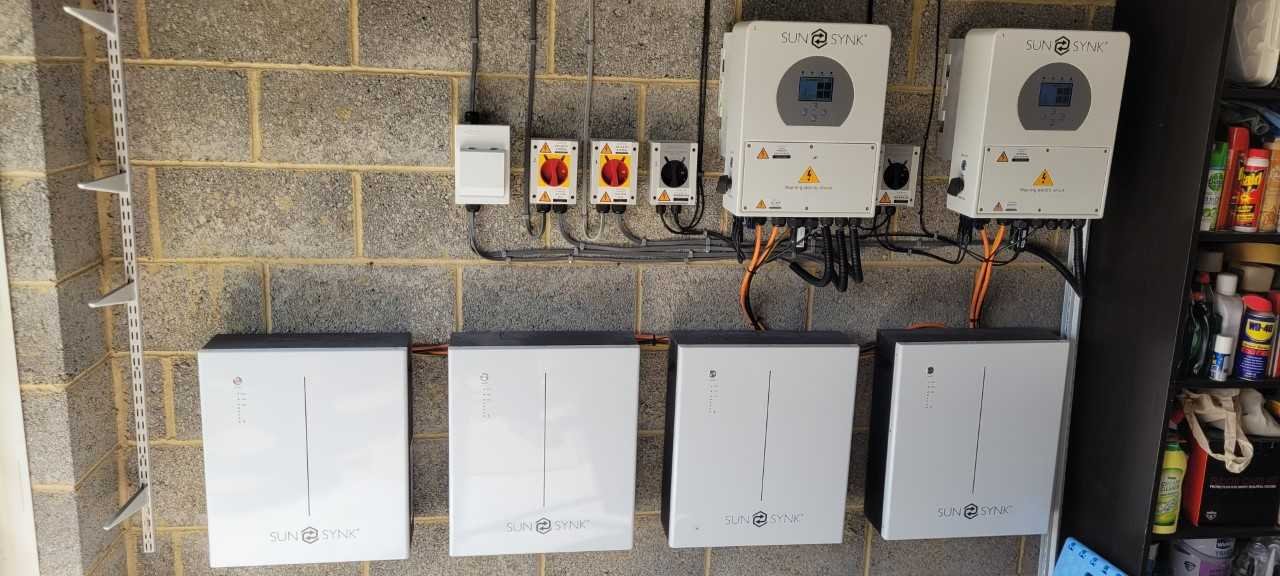
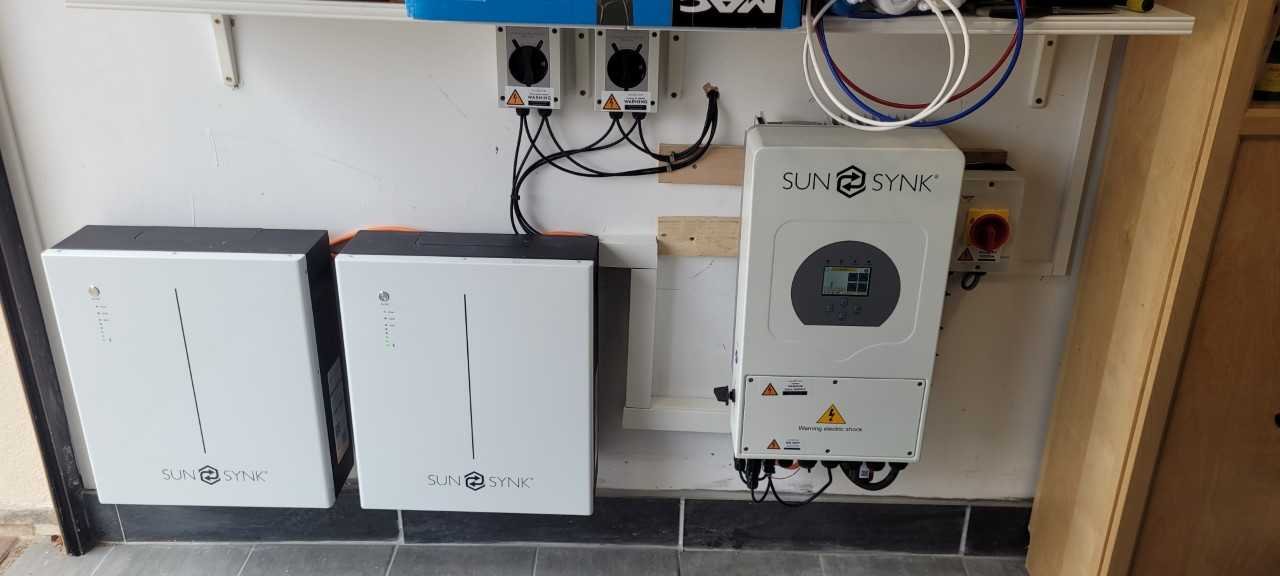
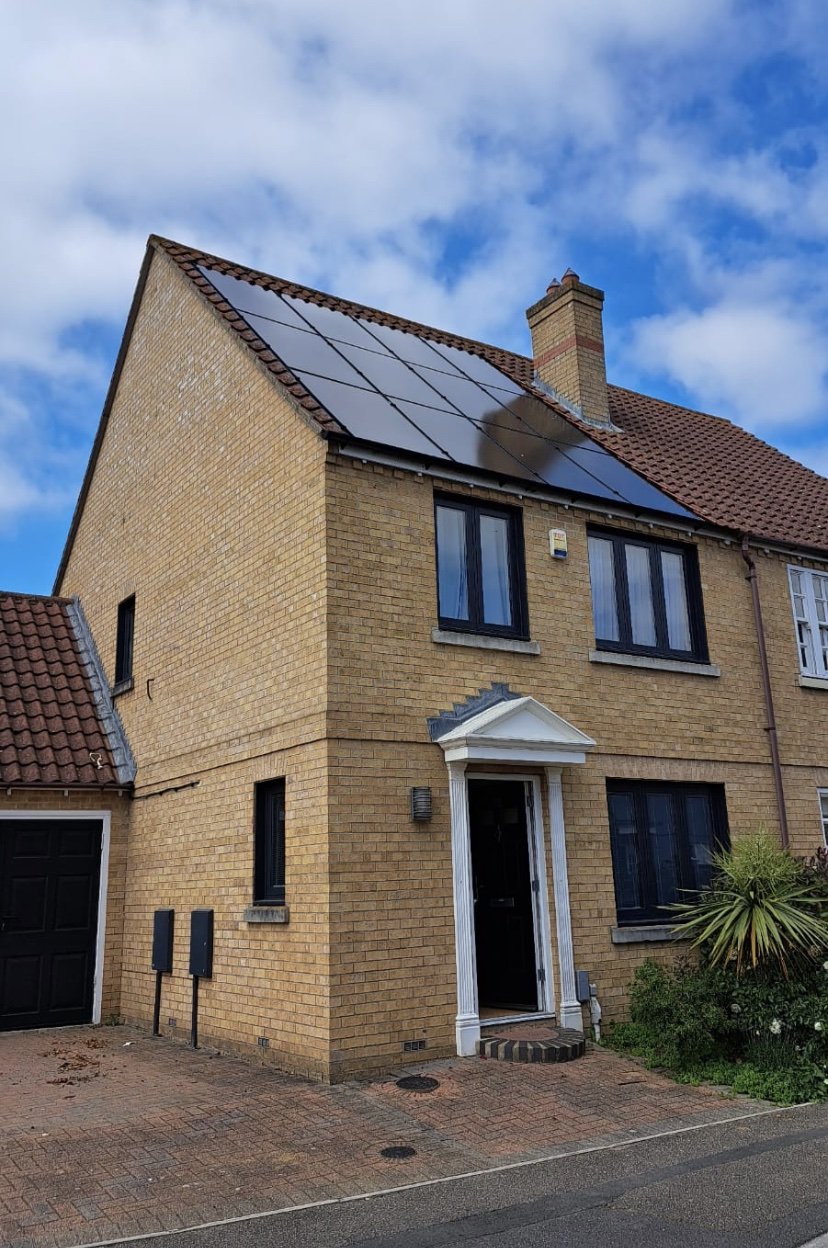
Solar Panel Installation and FAQ’s
Getting Started with Solar Panels
Dive into the world of solar panel installation with insights into flat roof setups, possible energy savings, how it works, panel options, and more.
Solar Panel Installation and Types
Discover how to participate in the SEG scheme and navigate planning permissions in the UK while exploring the essential concept of DNO approval for a seamless solar panel experience.
Find the best system size for your needs ☀️
Reliable Solar & Battery Services for Your Home
With CRG, you can be sure you’re getting the best results at a cost-effective price. Our highly-rated commercial solar installation services include the following:
Learn more about how our experienced solar energy professionals can help you — simply request a free quote online or call us on 0333 253 3531 today.
Read our great reviews.
From quote to after care we found CRG professional… From start to finish we found CRG helpful, professional and the workmanship excellent.






